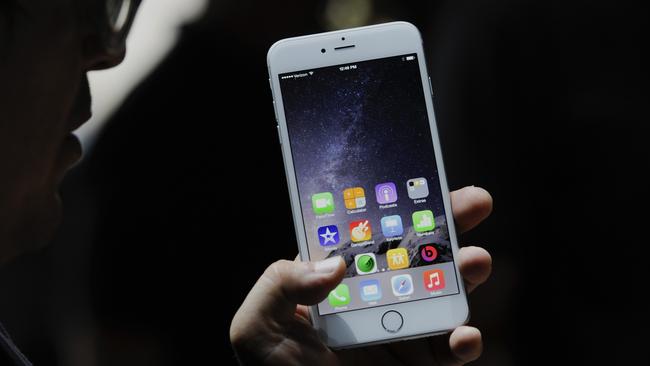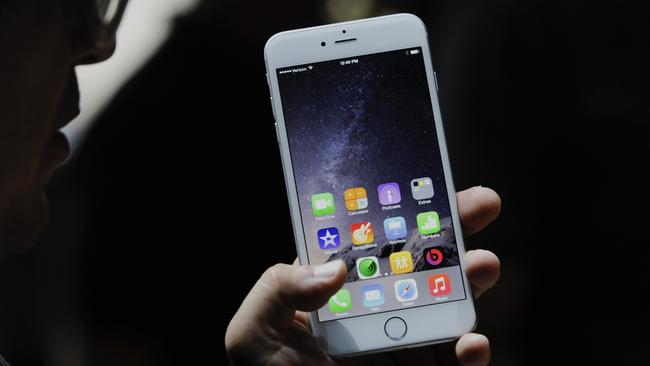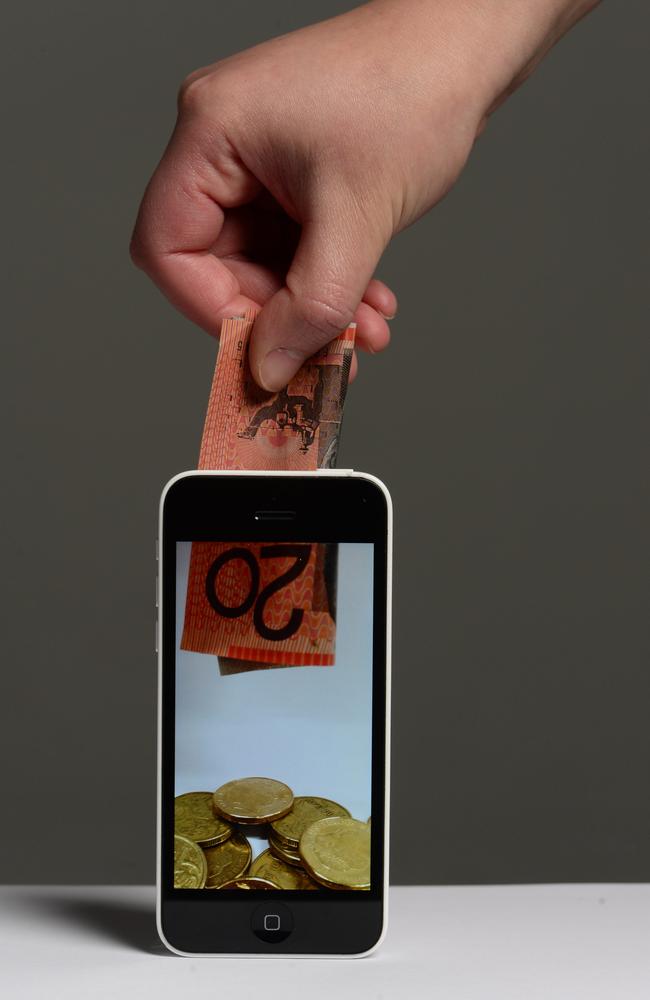Tax time: workers fail to claim phone expenses
THE taxman is using new technology to target a wider range of workers — but many Australians are failing to dial up the refund they deserve.

THE taxman is using new technology to target a wider range of workers but many Australians are failing to dial up the refund they deserve.
Despite a surge in mobile phone use in recent years, tax accountants say employees often avoid claiming work-related phone expenses because they don’t understand the rules or are daunted by complex bills.
However, it’s not as hard as it seems, they say, and workers can potentially claw back hundreds of dollars on their mobile phone bills, which average more than $700 annually for smartphones and about $500 for older models.

The phone advice comes as the Australian Taxation Office says its ability to detect questionable tax claims is improving at a rapid rate. Gone is the ATO’s annual hit list of occupations, instead replaced by a wider approach this year that examines all workers.
“With enhancements to technology and better use of data we can scrutinise every claim that’s made,” ATO assistant commissioner Adam Kendrick said.
“We can compare taxpayers’ claims to their peers. We are finding we are getting higher-risk claims across all the industries — that’s why we are taking a much broader approach.”

Mr Kendrick said Australians’ work-related tax deductions, which included mobile phones, had increased 9 per cent in the past three years to almost $20 billion.
The ATO is expected to issue new guidance about mobile phone claims this week. “Costs that in the past would have been borne by employees are now being borne by employers — things like internet, mobile phones and computers,” Mr Kendrick said.
Etax Accountants senior tax agent Liz Russell said workers might not realise they could claim phone costs. “While most tax deductions are aimed at the self-employed, work-related phone calls on your personal mobile are one of the few exceptions,” she said.

Ms Russell said people claiming phone costs needed to work out their percentage of work use and private use and only claim the work component, but did not need to go through every phone bill for the year. A four-week period covering a typical amount of work-related calls was all the ATO needed, she said.
“The ATO requires that you keep records outlining how you calculated tax deductions. Make sure you keep the monthly account statement and/or bill that you used to calculate your mobile phone deduction claim, a record of your other bills for that year, and some simple notes about how you calculated your claim,” she said.
Workers cannot double-dip and claim for phone expenses that have been reimbursed by their employer.
H & R Block director of tax communications Mark Chapman said some taxpayers were put off by having to check “phone bills that go on for pages and pages and pages, and people often can’t remember the work ones”.
However, a tax deduction means money in their pocket, as long as their claim is honest. “Previously the ATO had to have people physically go through tax returns — now they can do it with the touch of a button on the computer so it’s much easier to spot the ones who are candidates for a review or audit,” Mr Chapman said.



